Image
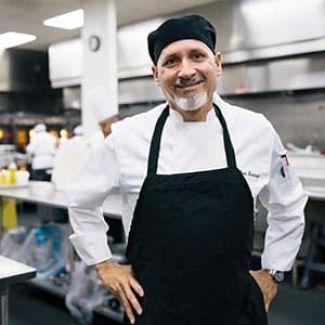
Monday, Apr 1 2024
A graduate of a food bank's culinary training program, Elvin now returns to the food bank to volunteer. This is his story.
Image
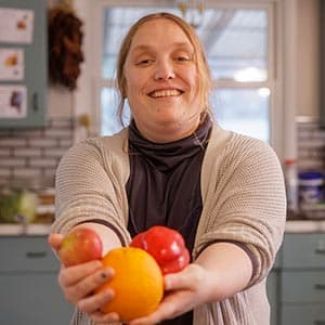
Monday, Mar 25 2024
A nutrition education class at a food bank in Spokane, Washington is teaching participants that food is medicine.
Image
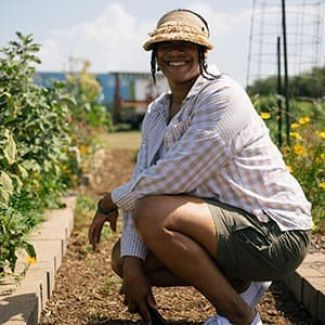
Tuesday, Feb 27 2024
A partnership with a network of farmers and a South Carolina food bank is helping connect neighbors facing hunger with fresh produce.
Image
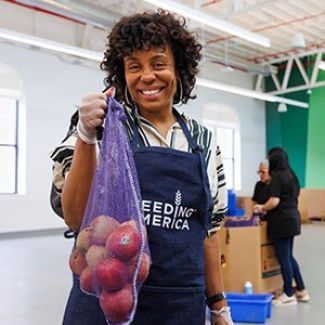
Friday, Feb 16 2024
Award-winning actress Karen Pittman shares her story of how she overcame hunger as a single mother.
Image
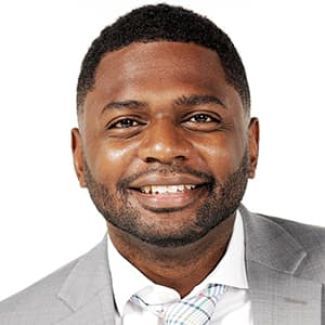
Monday, Jan 29 2024
Feeding America is working with Black community across the country to co-create equitable solutions to hunger. Meet a new face at Feeding America who is helping lead that work.
Image
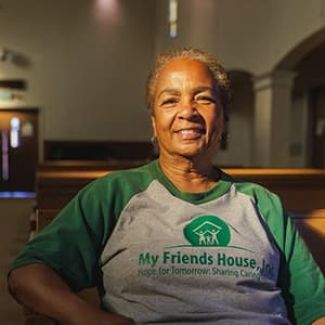
Friday, Jan 26 2024
In the heart of South-Central Los Angeles, a community often defined by its resilience, there's a narrative of transformation and hope unfolding through the dedicated efforts of Judy Starr at My...
Image
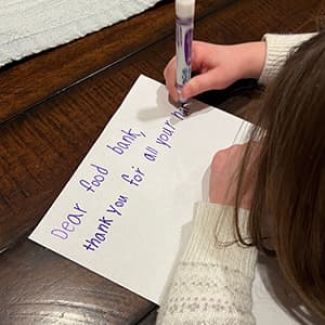
Monday, Jan 22 2024
Need a change-of-pace on a snow day? Check out some easy snow day activities for kids that are fun and also give back.
Image
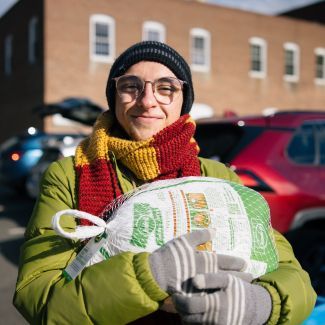
Tuesday, Dec 19 2023
Want to know how you can volunteer at a food pantry this holiday? Use our guide to learn how to sign up and what you might be doing. Would your family rather help out from home? We've got great options to ensure you're able to get involved however you're most comfortable.
Image
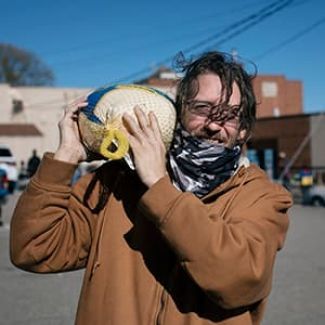
Monday, Nov 20 2023
Food banks and food pantries near you may be looking for food donations this Thanksgiving. Before donating a frozen turkey, learn who is accepting donations and what other ways you can help food banks.
Image

Thursday, Nov 9 2023
Find gifts that are unique and make a difference this year.
